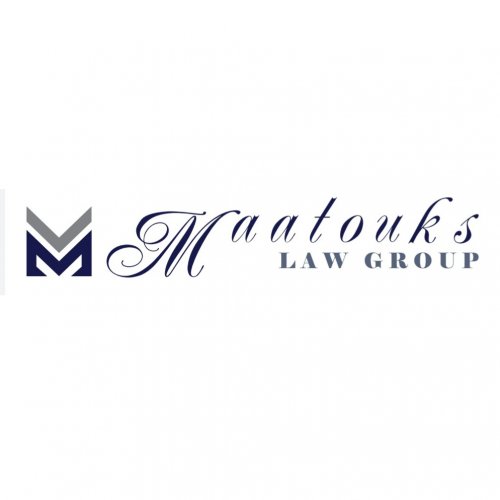Best White Collar Crime Lawyers in Liverpool
Share your needs with us, get contacted by law firms.
Free. Takes 2 min.
List of the best lawyers in Liverpool, Australia
About White Collar Crime Law in Liverpool, Australia
White collar crime in Liverpool, Australia, generally refers to financially motivated crimes that involve deceit or breach of trust. These crimes often occur in professional settings and do not involve violence. Common examples include fraud, embezzlement, insider trading, and money laundering. Due to their often complex nature, such crimes necessitate a thorough understanding of both local and federal laws.
Why You May Need a Lawyer
Involvement in or accusations of white collar crime can have severe implications, including legal, financial, and reputational damages. You may need a lawyer if you are being investigated for a white collar crime, need to understand compliance requirements, face charges related to financial misconduct, or require defense strategies for fraud or embezzlement allegations. Legal professionals are crucial in navigating the complexities of these cases and can help protect your rights and interests.
Local Laws Overview
In Liverpool, as part of New South Wales, white collar crime is governed by both state and federal laws, including the Crimes Act 1900 (NSW) and the Corporations Act 2001. Regulations emphasize the need for fair business practices and aim to prevent financial misconduct. Key legal aspects include strict penalties for breaches of trust, specific regulations for securities trading, and legal responsibilities for corporate reporting and auditing. Awareness of these laws is essential to avoid inadvertent legal violations.
Frequently Asked Questions
What constitutes white collar crime?
White collar crime includes non-violent, financially motivated crimes such as fraud, embezzlement, and insider trading.
What are the penalties for white collar crime?
Penalties can include significant fines, restitution orders, disqualification from holding corporate positions, and imprisonment, depending on the severity of the offense.
How can I be accused of a white collar crime?
You can be accused if there's evidence or suspicion of fraudulent or deceitful conduct in a professional setting.
What should I do if I am accused of a white collar crime?
Seek legal advice immediately. Do not speak to authorities without a lawyer, and begin gathering documents that relate to the matter.
Can a white collar crime conviction affect my future employment?
Yes, convictions can severely impact future job prospects, especially for roles requiring financial transparency and trust.
What is the role of a lawyer in a white collar crime case?
Lawyers provide legal advice, develop defense strategies, represent you in court, and help navigate complex regulatory environments.
How do investigations for white collar crime begin?
Investigations often begin due to suspicious activities reported by regulatory bodies, whistleblowers, or routine audits.
What are examples of white collar crimes in the corporate sector?
Examples include accounting fraud, violations of securities regulations, and bribery.
How long do white collar crime investigations take?
Investigations can vary significantly in length, often taking months to years, depending on the complexity and scale of the case.
Can businesses be held liable for white collar crimes?
Yes, businesses can face liabilities including fines, sanctions, and increased scrutiny from regulatory bodies.
Additional Resources
For further assistance and information, individuals can consult resources such as the Australian Securities and Investments Commission (ASIC) for regulatory guidance, the New South Wales Law Society for finding legal professionals, and community legal centers for preliminary advice.
Next Steps
If you require legal assistance in white collar crime cases, consider reaching out to a specialized lawyer in Liverpool with experience in this field. Prepare your financial documents, maintain confidentiality, and follow legal advice meticulously to protect your interests. Initial consultations can help determine the best course of action.
Lawzana helps you find the best lawyers and law firms in Liverpool through a curated and pre-screened list of qualified legal professionals. Our platform offers rankings and detailed profiles of attorneys and law firms, allowing you to compare based on practice areas, including White Collar Crime, experience, and client feedback.
Each profile includes a description of the firm's areas of practice, client reviews, team members and partners, year of establishment, spoken languages, office locations, contact information, social media presence, and any published articles or resources. Most firms on our platform speak English and are experienced in both local and international legal matters.
Get a quote from top-rated law firms in Liverpool, Australia — quickly, securely, and without unnecessary hassle.
Disclaimer:
The information provided on this page is for general informational purposes only and does not constitute legal advice. While we strive to ensure the accuracy and relevance of the content, legal information may change over time, and interpretations of the law can vary. You should always consult with a qualified legal professional for advice specific to your situation.
We disclaim all liability for actions taken or not taken based on the content of this page. If you believe any information is incorrect or outdated, please contact us, and we will review and update it where appropriate.








